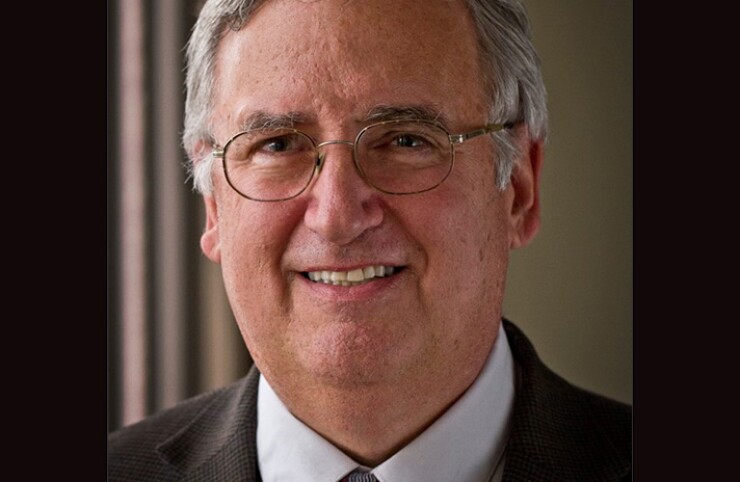Massachusetts lawmakers are considering a bill to credit state employees with bonus years of service for work done outside their homes during the nine months of the COVID-19 pandemic last year.
Critics say it could drive up public pension costs by billions through vague definitions of essential workers.
Gregory Sullivan, research director for Boston-based free market think tank Pioneer Institute called the measure “absurdly over-broad” because it leaves wide open the definition of essential workers.
The
It would empower the commonwealth’s secretary of administration and finance — the budget director — to compile the list of eligible workers for the commonwealth, its political subdivisions, state and community colleges and universities under the board of higher education as well as the University of Massachusetts.
“It seems like it has legs,” Sullivan said of the bipartisan support.

Massachusetts has more than 300,000 state employees.
At the state legislature’s joint committee on public service held an online hearing on July 21, state Rep. Jonathan Zlotnik, D-Gardner, a lead sponsor, said the bill aims to reward employees such as public safety and corrections workers, public works personnel and internet technology staff, “all the things we take for granted.”
The other co-sponsor is Sen. John Velis, D-Westfield.
“It’s important to realize that the height of the pandemic last year was also the time we knew the least about COVID,” Zlotnik said. “Guidelines were constantly changing and PPE [personal protective equipment] was in dire short supply. People being asked to perform were at risk.”
Zlotnik acknowledged the complexities of pension calculations made cost estimates uncertain for now.
“The short answer is we don’t have a final number as we sit here today,” he said. “The reality is a bill like this is a bit different. There are a lot more variables with this, spread over a period of time.”
Massachusetts already has an estimated $43 billion of unfunded pension liability. According to the commonwealth’s own data, Massachusetts’ main pension fund was 63.7% funded as of Jan. 1, 2019, while the teachers fund was at 51.7%.
“You’re going to increase the multiplier and the years of service, both together,” said Sullivan, a former state inspector general. “When you add that to a sizable employee base, you could be adding billions to the unfunded liability.
“It’s wide open as to what’s an essential worker.”
Several labor groups spoke in favor of the bill.
“Most if not all of the people who are going to come forward in opposition of this bill — the actuaries, the bean counters if you will — respectfully, are people who were able to work safely from home,” said James Durkin, director of legislation at Council 93 of the American Federation of State, County and Municipal Employees.
According to Sullivan, the bill doesn’t apply merely to state and municipal workers who had to go into work during the pandemic. They must only have “volunteered to work … at their respective worksites or any worksite outside of their personal residence.”
Employees who went in for a single day would also qualify, he said, as do employees who worked from home but one day when the internet was down went to a family member’s home to work.
In addition, Sullivan said, the bill would also cover state legislators and such higher-ups as UMass president Marty Meehan, who according to Pioneer’s analysis, could get a lifetime pension benefit bump by nearly $800,000 if the bill materializes.
Meehan has long accused Pioneer of wielding an anti-public college agenda.
“I would expect that prudent, reasonable people, and there are such people, will calculate this and a tale of woe will come out as to how much this is going to cost,” Sullivan said. “It will also create great bitterness from people working in the private sector.”





